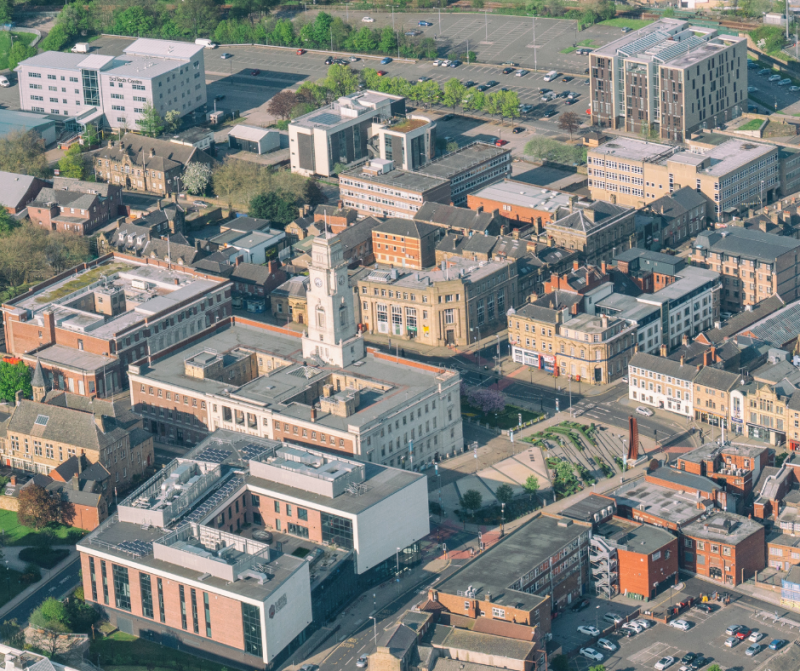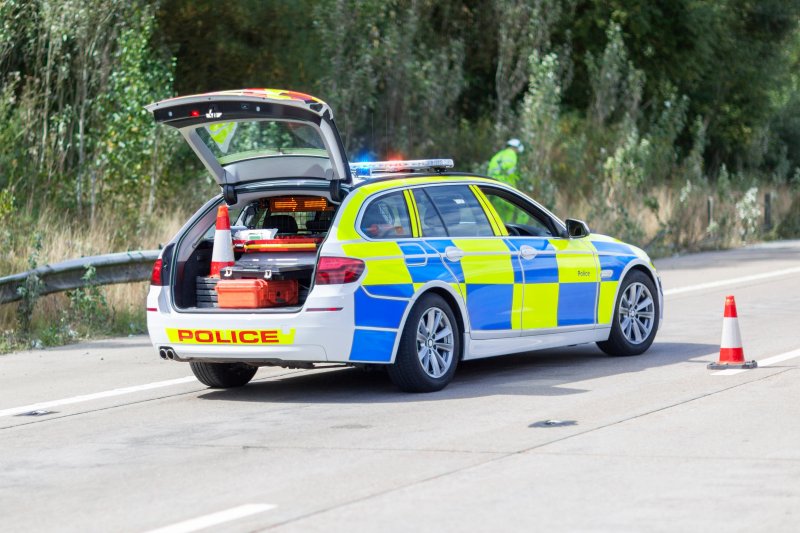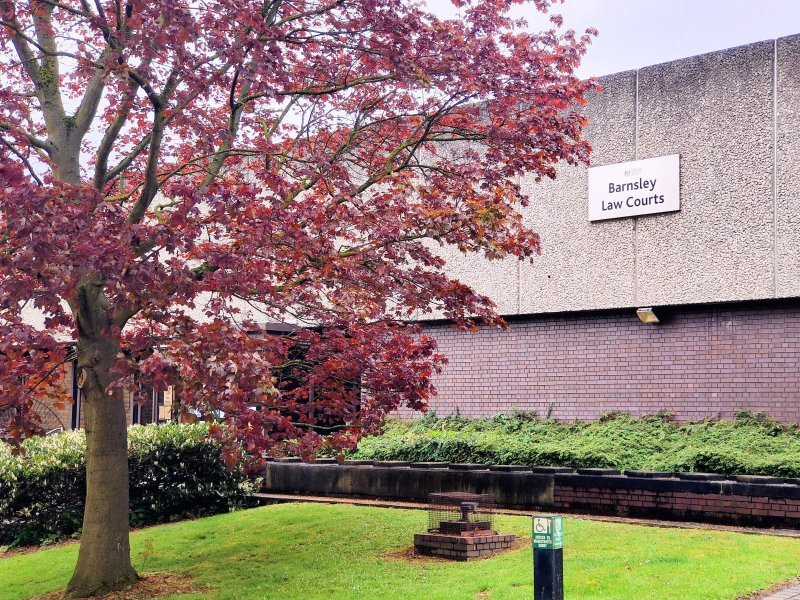YESTERDAY was Biomedical Science Day and Barnsley Hospital showed what happens to your blood once it has been sent for analysis.
If you doctor suspects that you might have sepsis or an infection, they will take two bottles of blood from you (known as blood cultures) which will be transported to the microbiology department for analysis.
Once there, someone will monitor your blood samples for an indication of infection – and if they find a sign of infection a microbiology biomedical scientist will receive your cultures for further analysis.
They will place a drop of your blood onto a slide and look under a microscope to find out what type of bacteria is present – this will help them to decide what antibiotic to give you.
A spokesperson from Barnsley Hospital added: “After six hours we can also give a report on what antibiotics the bacteria in your blood are sensitive or resistant to which will aid the doctors in prescribing the correct antibiotic to give successful treatment.
“This will help move you from broad spectrum to specific antibiotics which helps prevent the rise and spread of multi drug resistant bacteria.”
The information was released to celebrate the key role of biomedical laboratory personnel in the role of medicine.


















